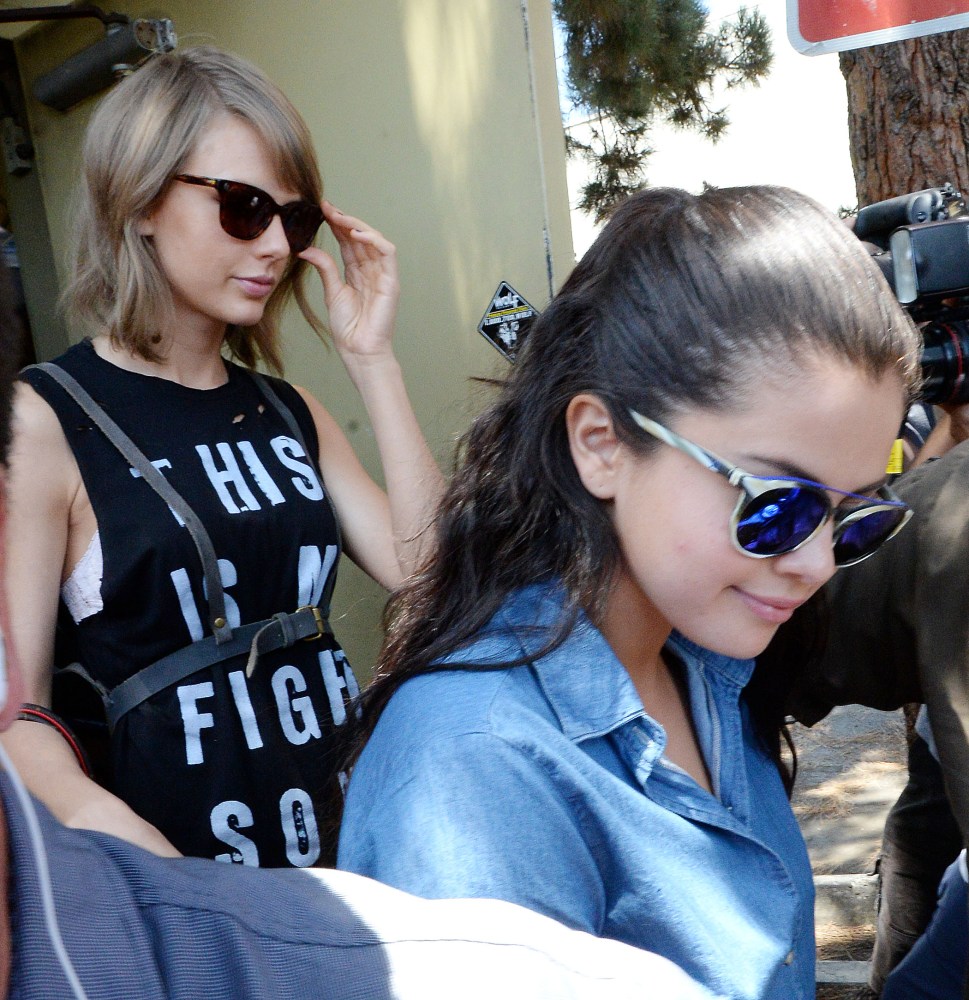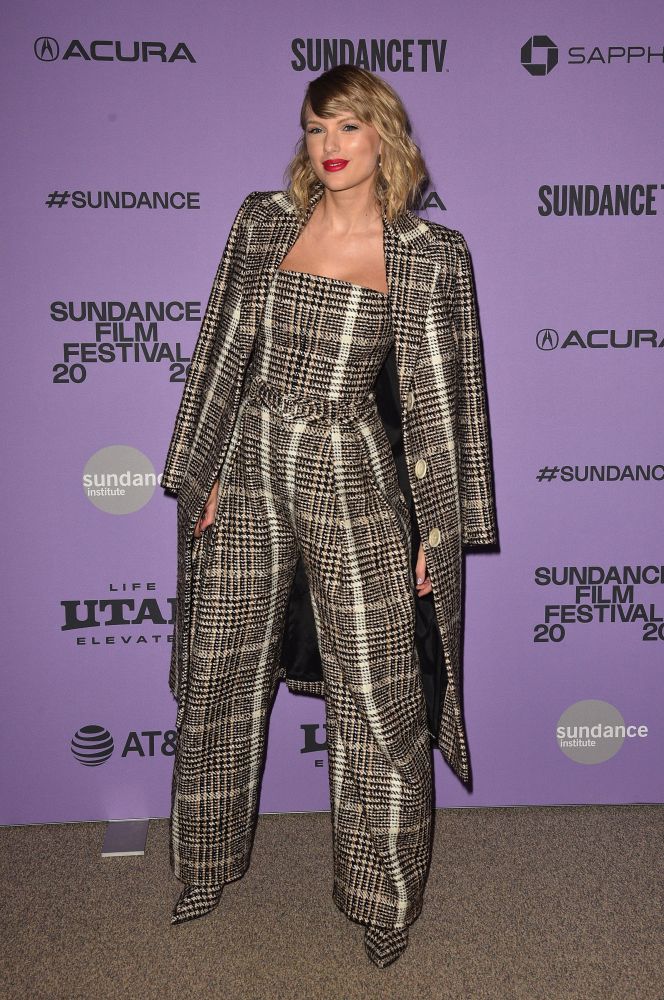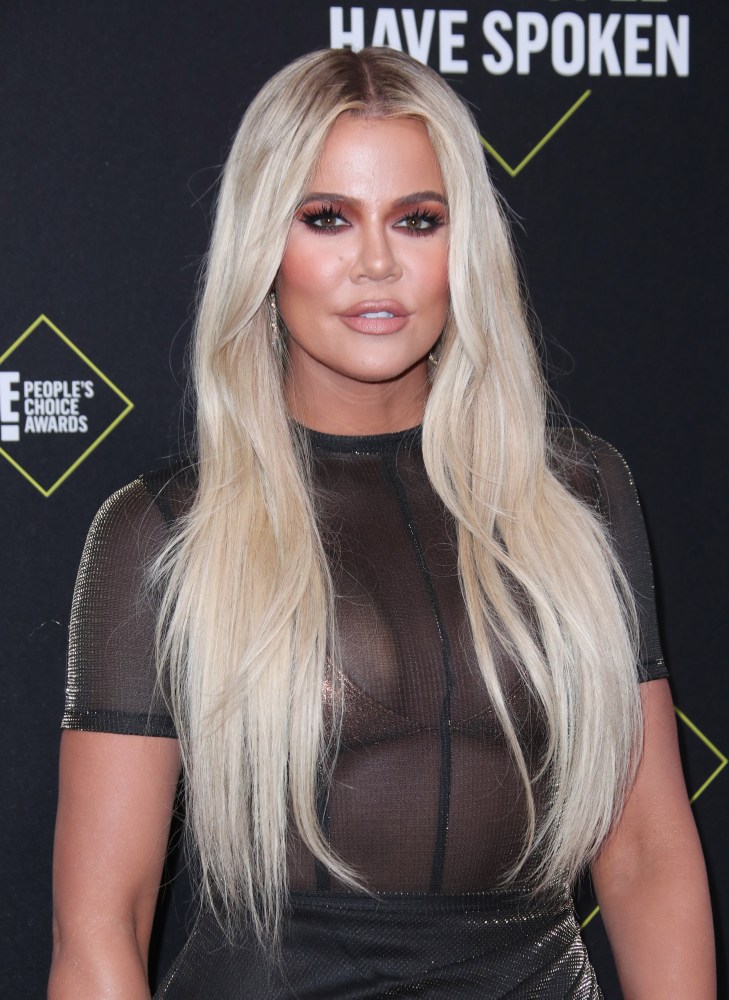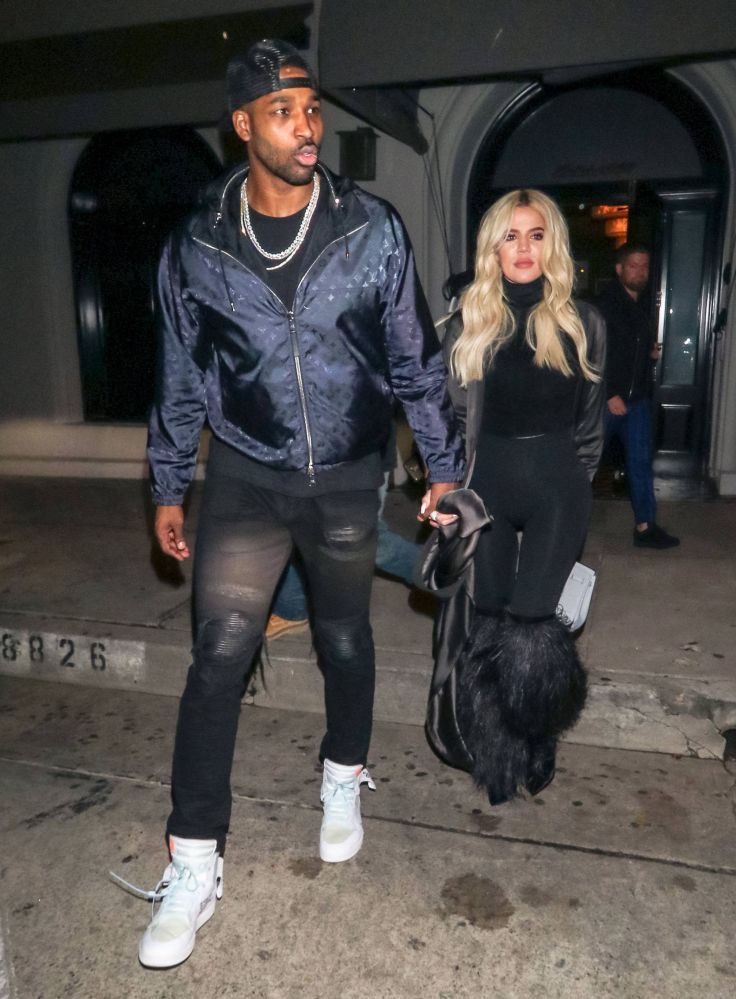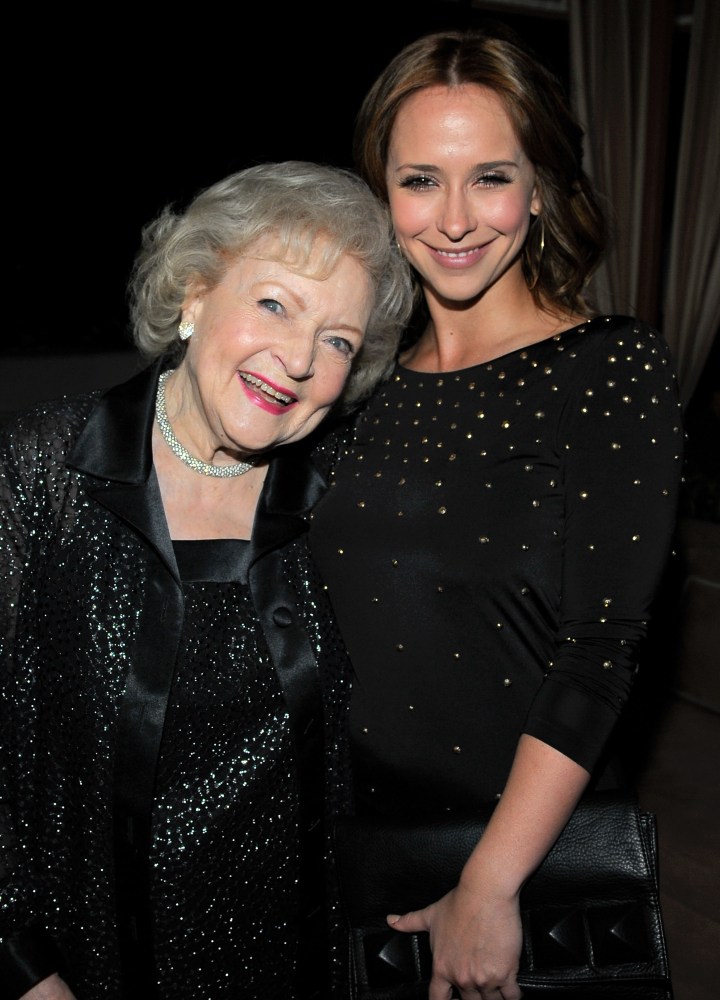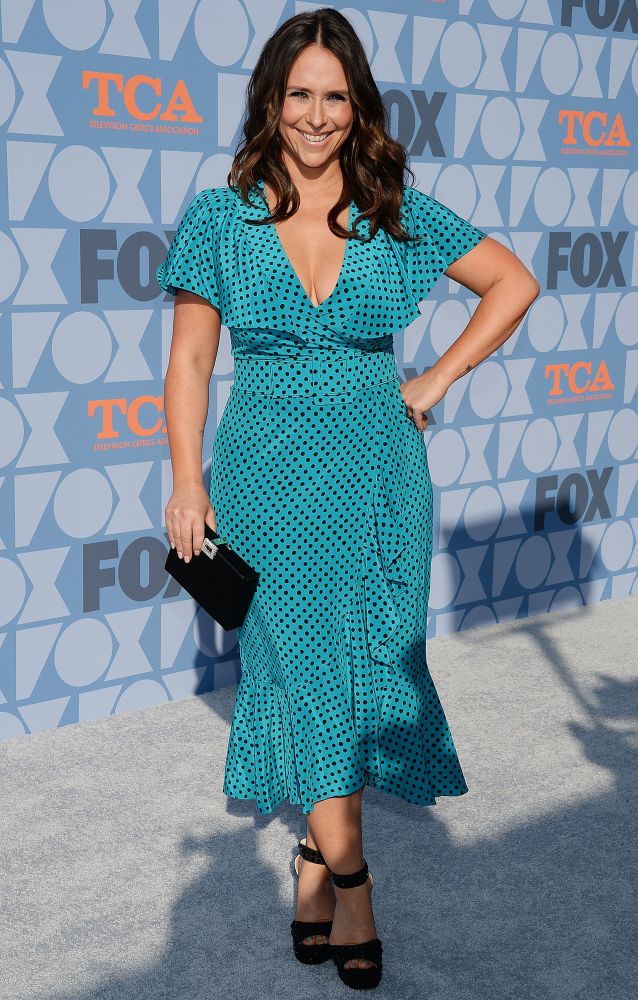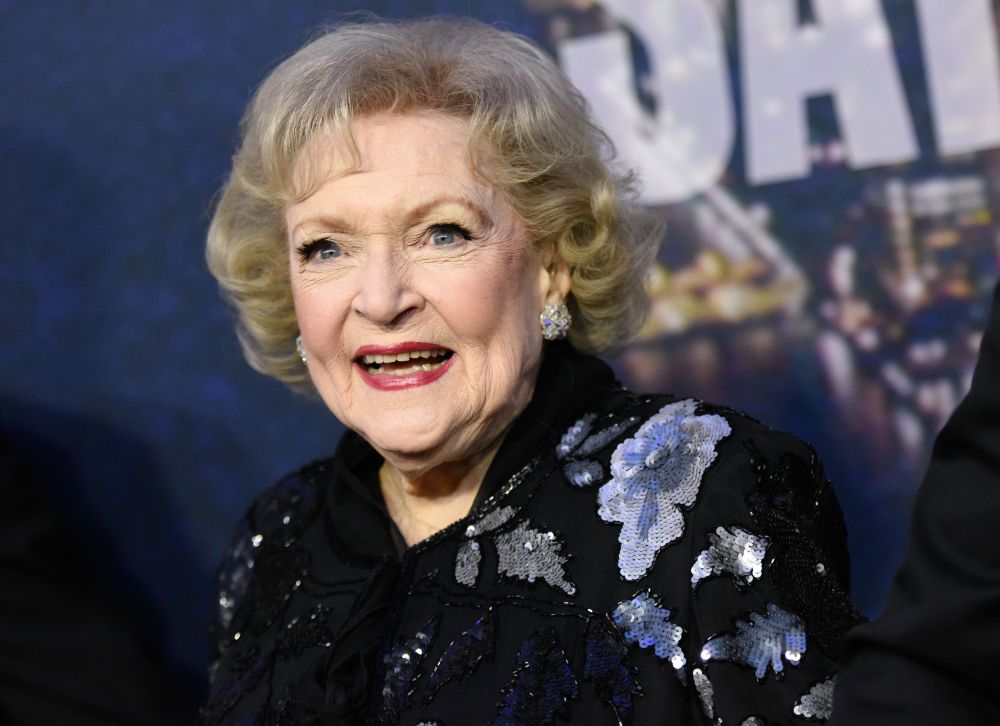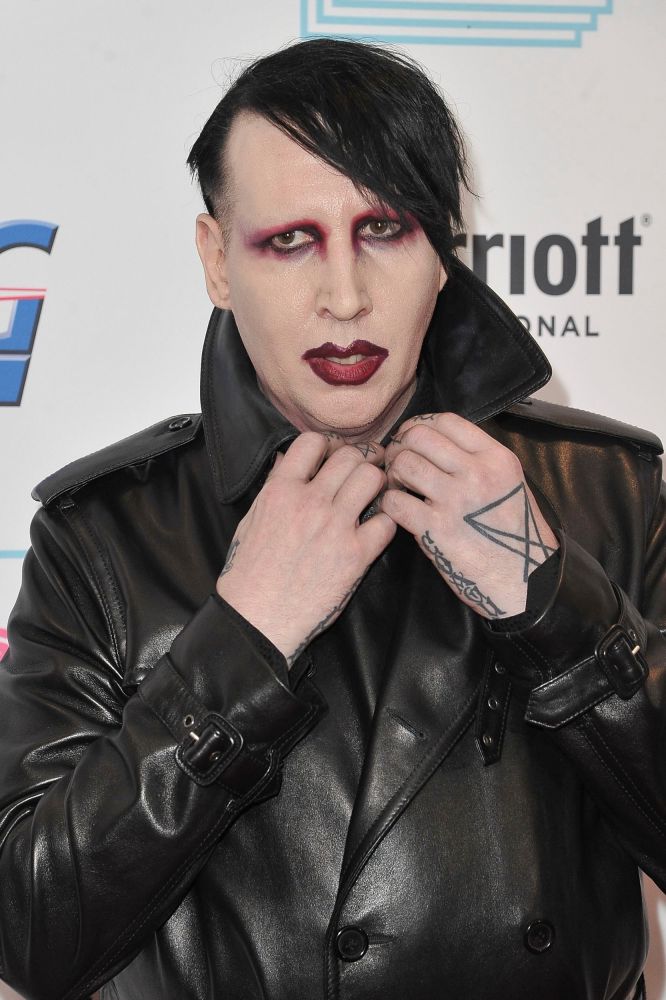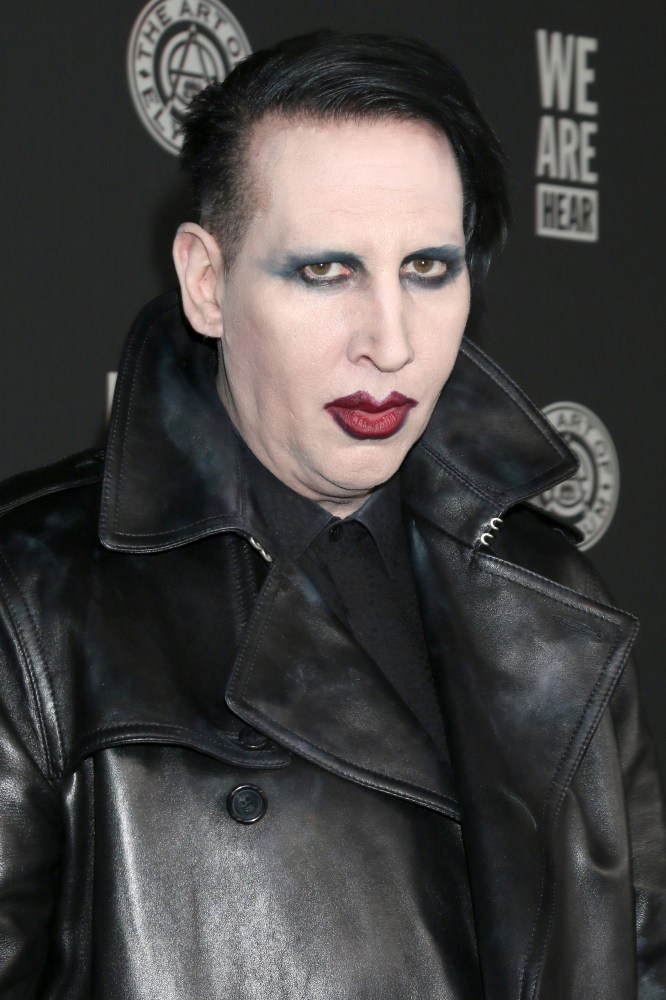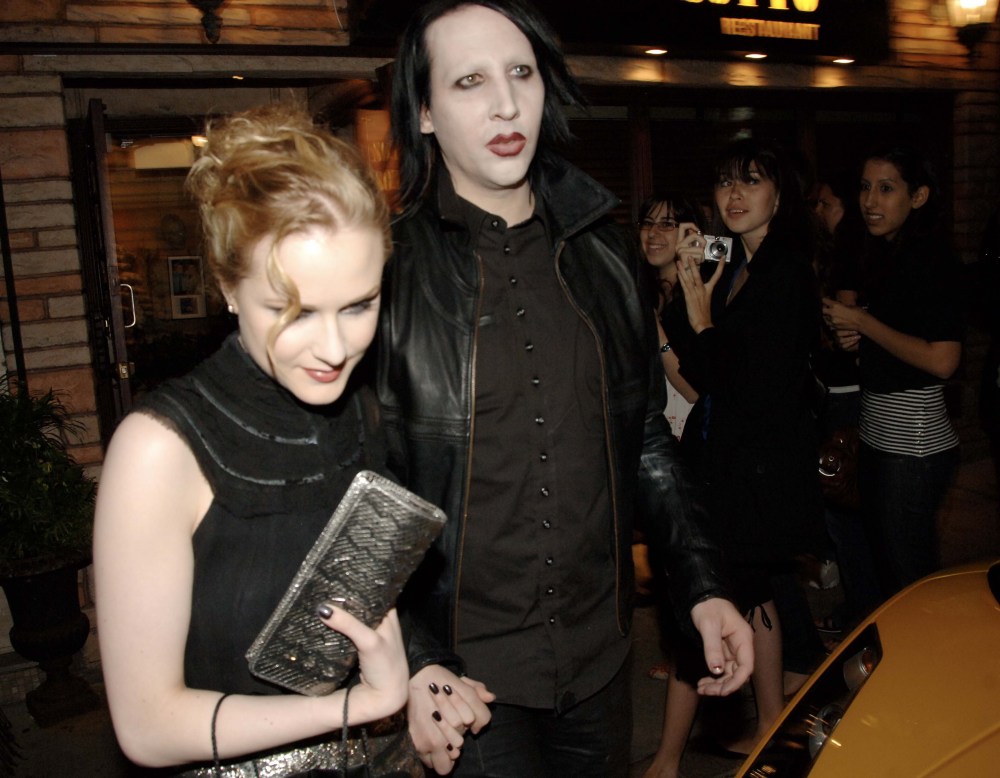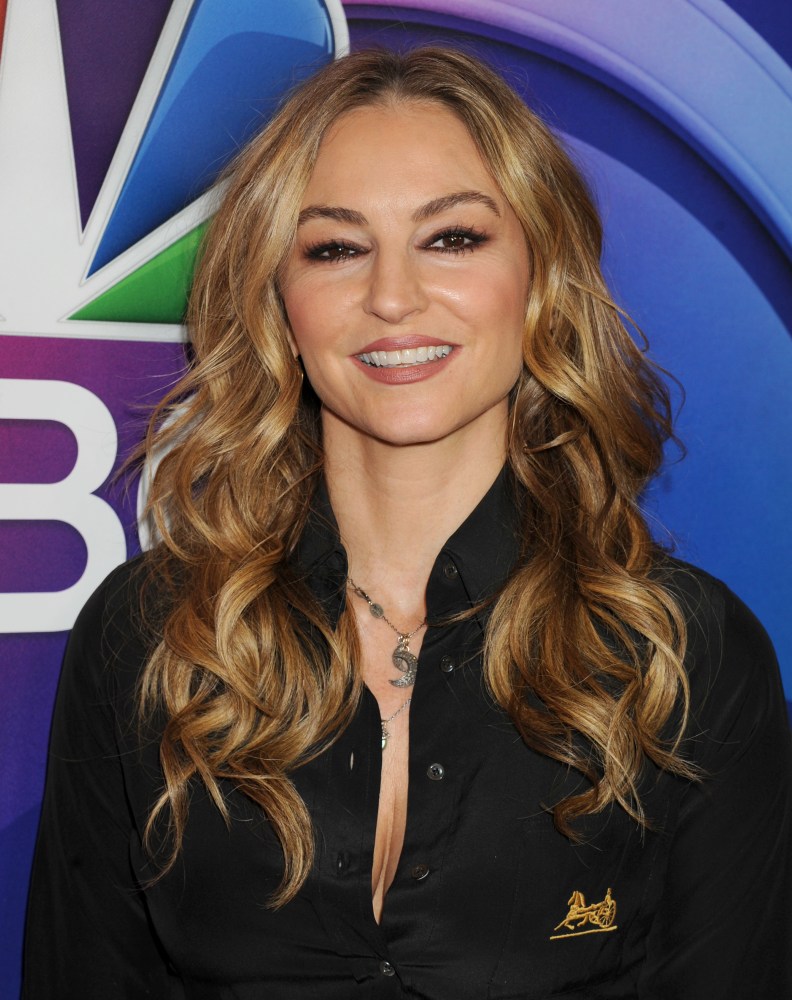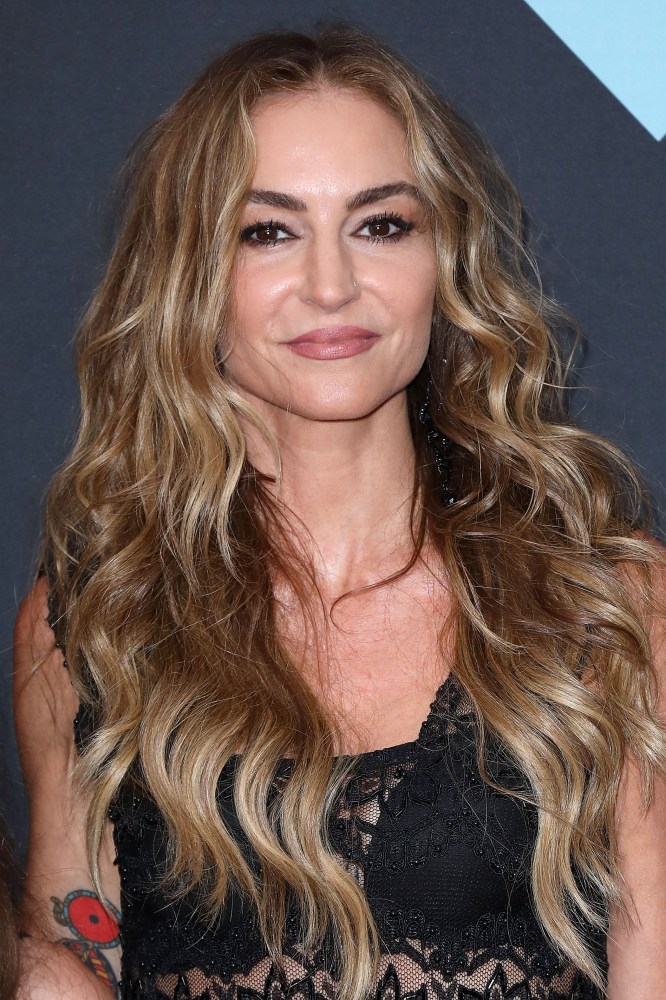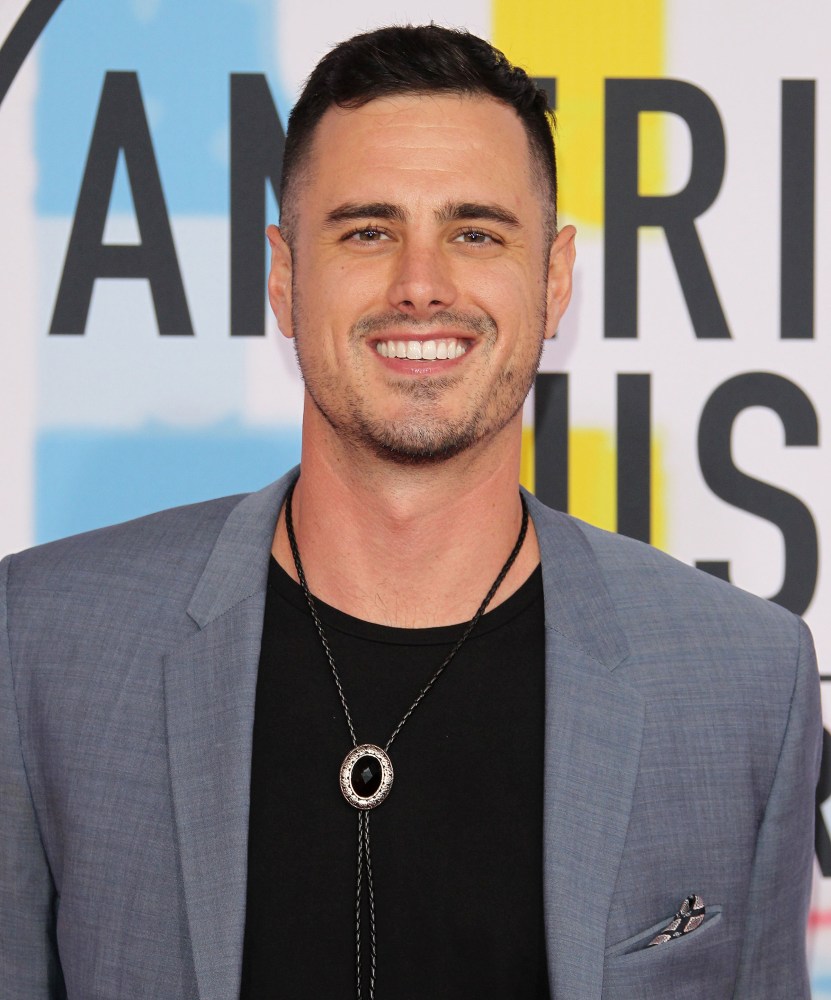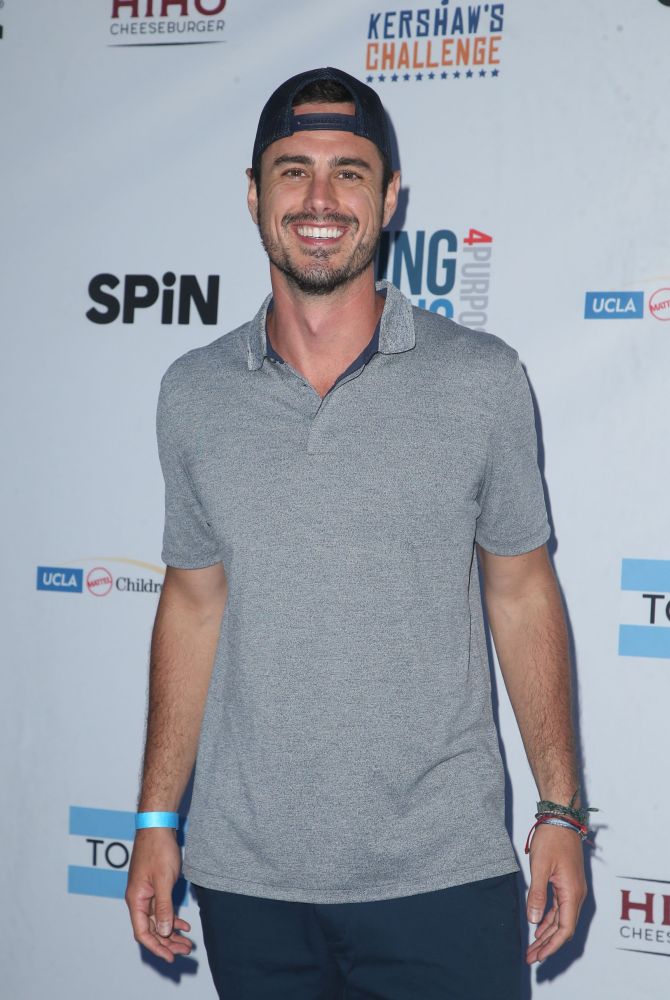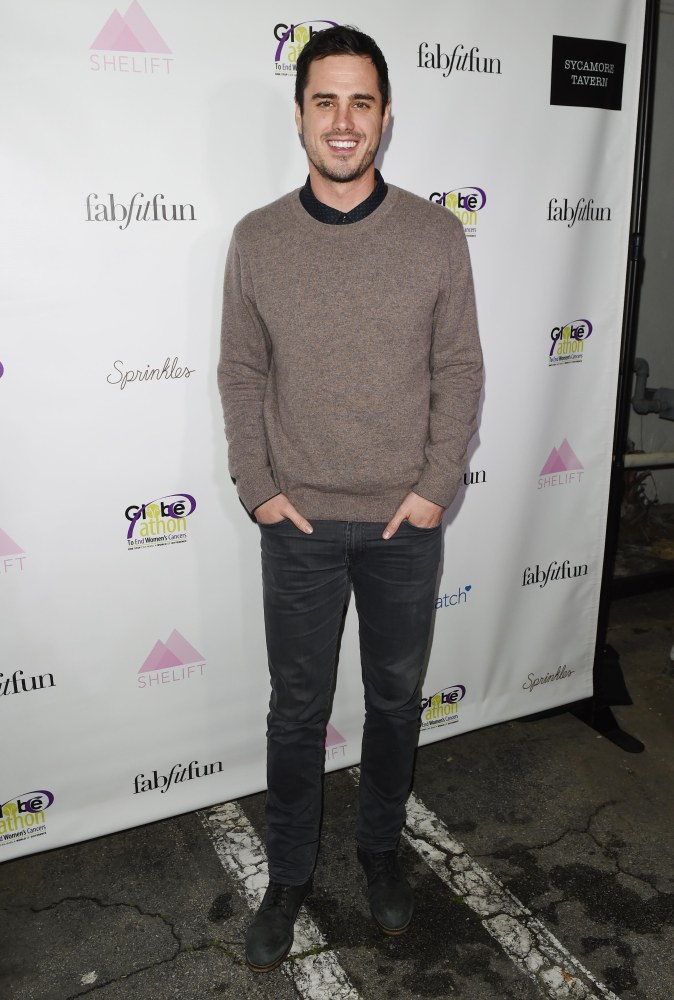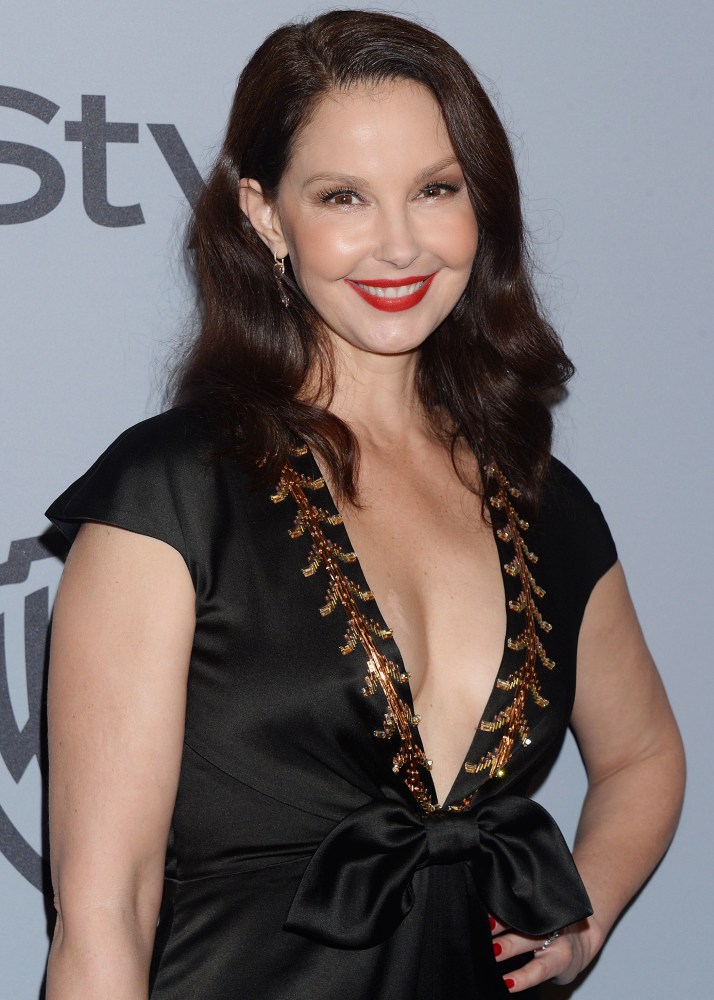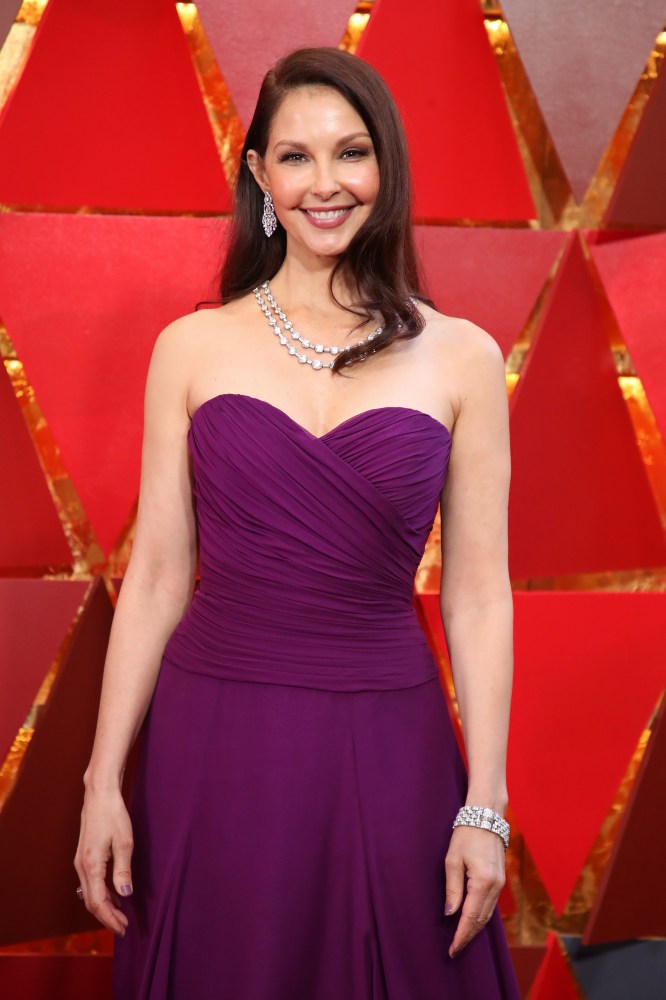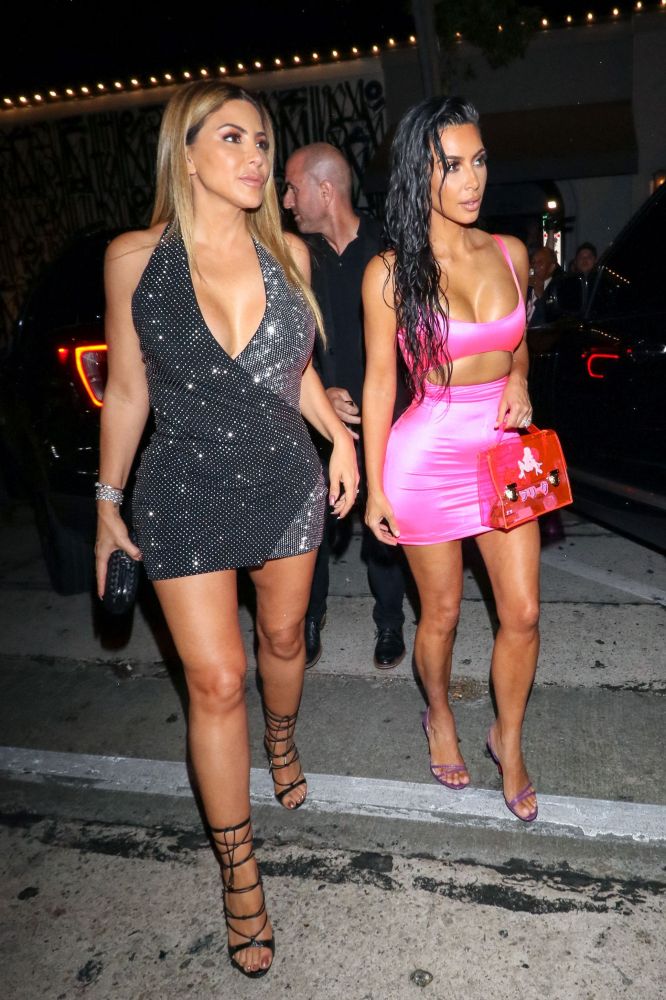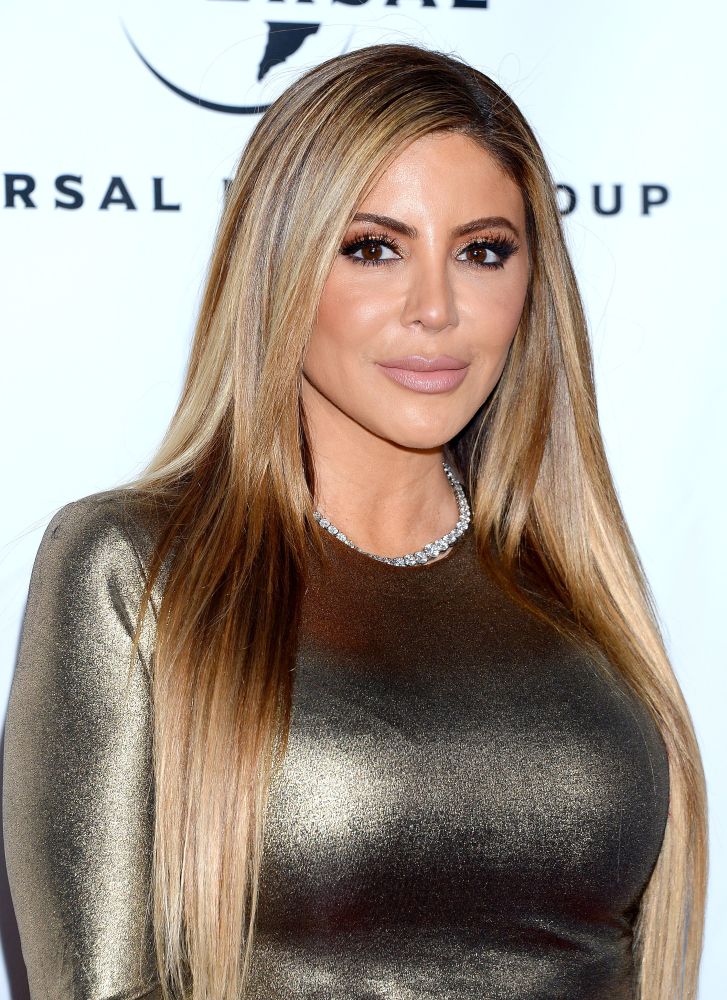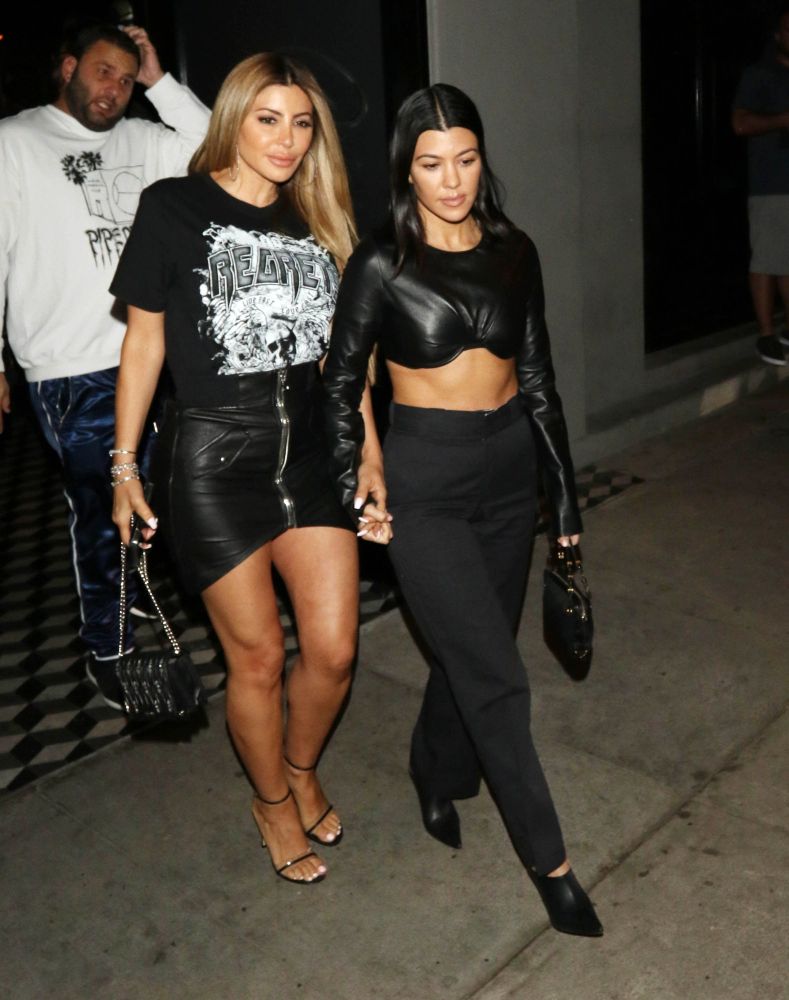Jussie Smollett and his team have argued that new charges related to his alleged Chicago attack last year should be tossed because they equate to double jeopardy. A judge has ruled otherwise.
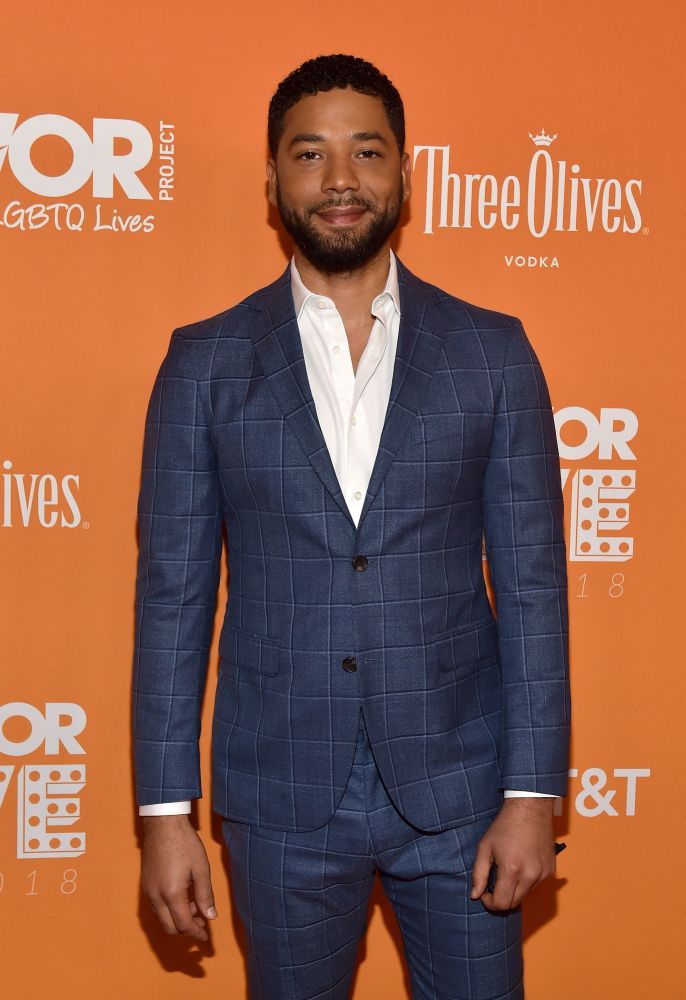 Michael Buckner/Variety/REX/Shutterstock
Michael Buckner/Variety/REX/Shutterstock
In March 2019, the case against the former "Empire" star for allegedly staging the assault was initially dropped. However, 11 months later, Jussie was indicted by a special prosecutor in Illinois on six counts of lying to police.
Jussie says this violates his rights against double jeopardy, which prevents people from being punished for the same crime twice.
A judge, though, said his argument is invalid since the actor never went through the legal process, the Chicago Tribune reported.
"There was no trial in this case, there was no jury empaneled, no witnesses were sworn, no evidence was heard, no guilty pleas were ever entered … nothing like that ever happened," Cook County Judge James Linn said of the 2019 case. "There was no adjudication of this case."
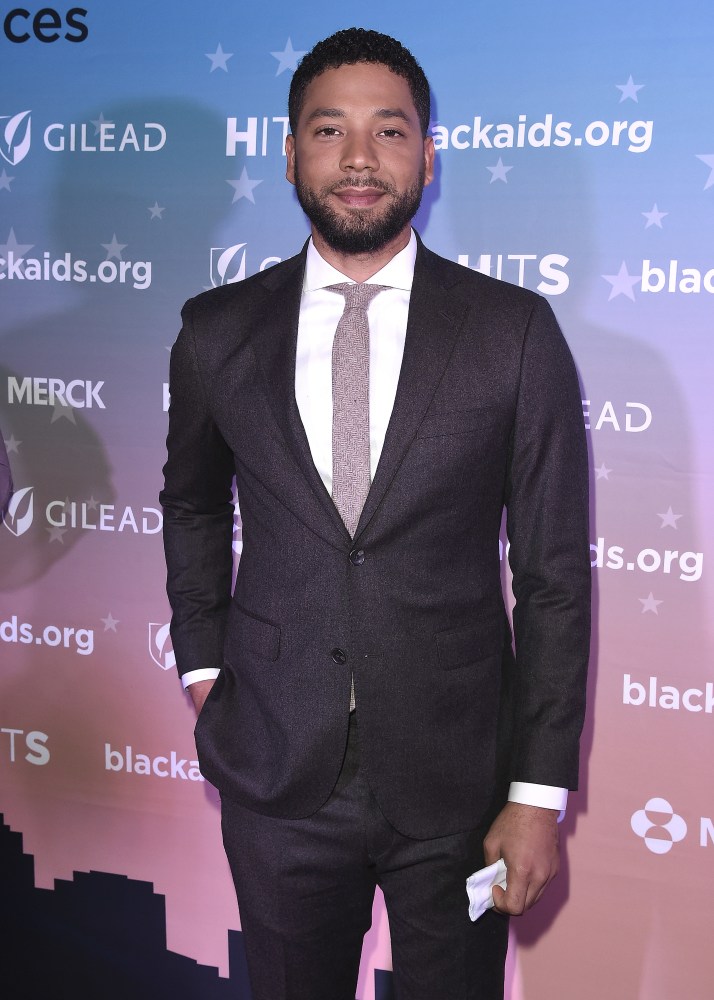 Scott Kirkland/REX/Shutterstock
Scott Kirkland/REX/Shutterstock
In a case that has made international headlines, Jussie maintains that he was the victim of a hate crime in early January 2019. He claimed the attackers shouted President Trump's "Make America Great Again" slogan during the alleged assault in the early morning hours. However, police and others very quickly had their doubts as to the veracity of the claim, and on Feb. 21, 2019, the actor was arrested after local authorities alleged that he staged the attack with the help of two men.
He was later charged with 16 felonies, to which he pleaded not guilty. Then, a month later, the criminal case against him — for allegedly lying to police about an alleged racial and homophobic attack — was dropped, a decision that proved to be highly controversial. Still, Jussie wasn't in the clear on the case, as an Illinois special prosecutor has since gone on to indict him on six counts of lying to police.
In the midst of this, the City of Chicago filed a civil suit against Jussie, claiming his assault claim — which the city thinks was an orchestrated hoax — cost $130,000 in city resources, and it wants the actor to pay up.


